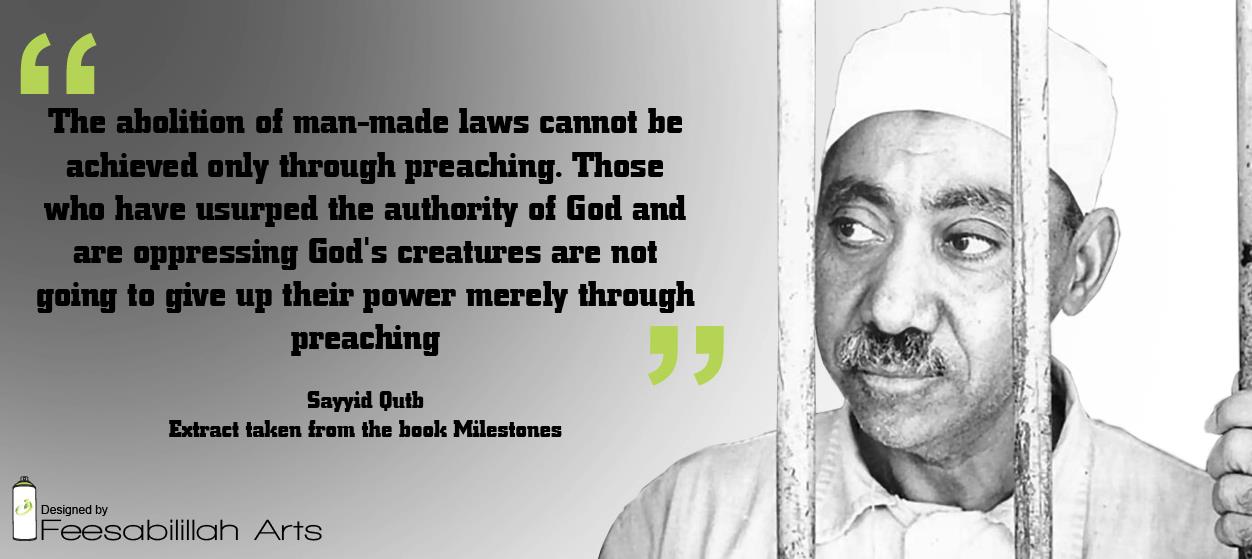زهراء
Elite Member
- Messages
- 258
- Reaction score
- 29
- Gender
- Female
- Religion
- Islam
I was quite ill and then spent 3 weeks recovering. Now to catch up all the work-To learn all those Ahadeeth I missed and Qasasun Nabiyyeen in Urdu feels as though I have a mountain to climb. I don't enjoy it as I should-I always try to correct my intention and since I don't have a choice, being negative will not help.
However, when you suffer and sacrifice and give it your all and finally when you see that your efforts have payed off-the feeling is unbelievable. From not knowing a single word, to writing an entire examination.
My Ustaadh and his wife wanted to teach in English as well, but unfortunately the rule of the Madrassah is to use Urdu.
It does waste a lot of time in trying to make the students understand, I understand the rules in English but memorising in Urdu is tough.
I'm anticipating the day when non Urdu-speaking students take the 1st two positions at the end of the year. That would be something
However, when you suffer and sacrifice and give it your all and finally when you see that your efforts have payed off-the feeling is unbelievable. From not knowing a single word, to writing an entire examination.
My Ustaadh and his wife wanted to teach in English as well, but unfortunately the rule of the Madrassah is to use Urdu.
It does waste a lot of time in trying to make the students understand, I understand the rules in English but memorising in Urdu is tough.
I'm anticipating the day when non Urdu-speaking students take the 1st two positions at the end of the year. That would be something




